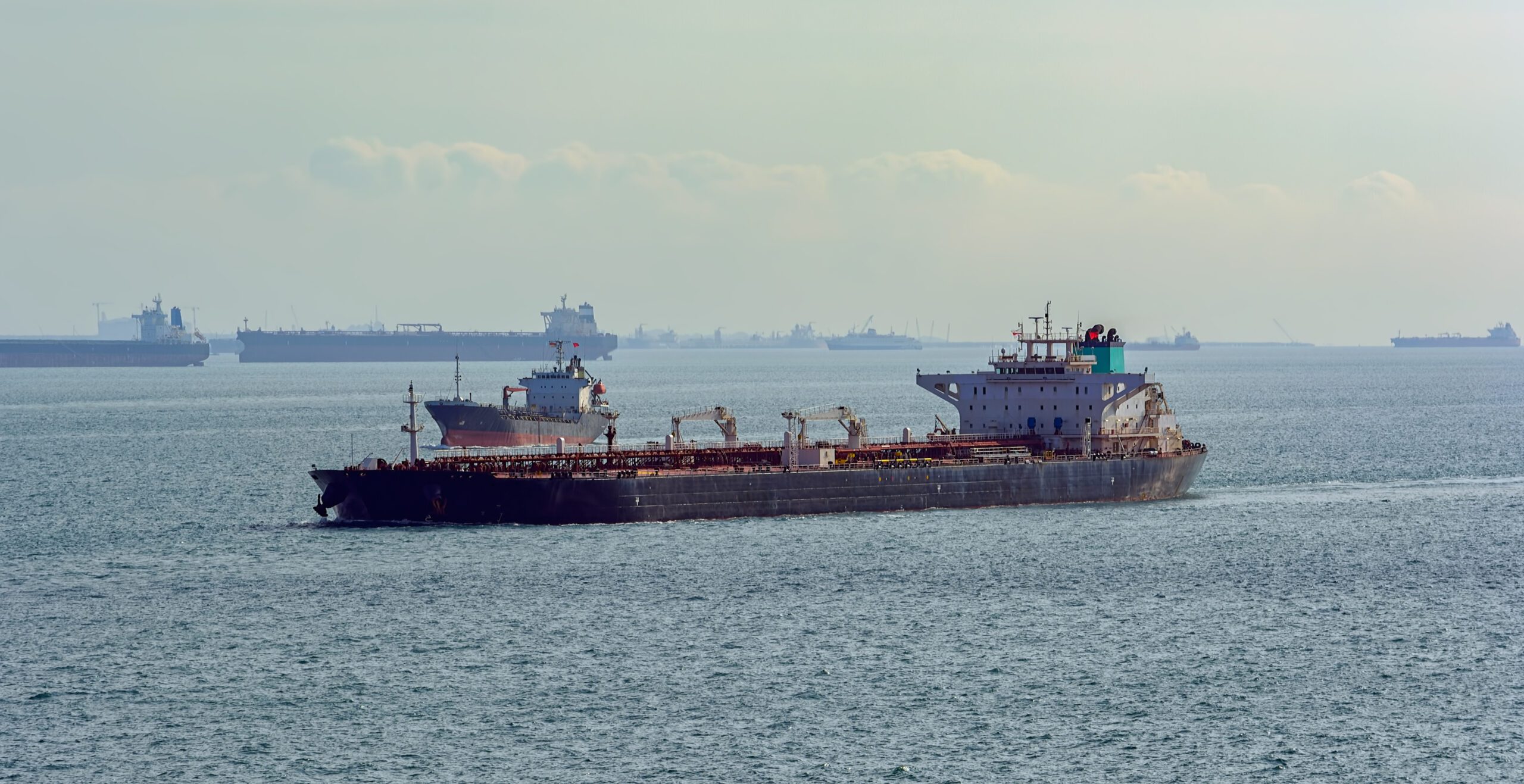The House of Lords European Affairs Committee has expressed concern over the weak enforcement of Russian oil sanctions, in a report published yesterday.
The UK parliament committee welcomes that the sanctions imposed by the UK, EU and US have been broadly aligned, and calls for UK and EU to continue support for Ukraine and sanctions on Russia for as long as it takes.
But it is concerned at the growing evidence that Russia has been able to circumvent sanctions, including through third states and uninsured shadow tanker fleets, and calls for decisive action by the UK and its allies.
It is worth mentioning that the Centre for Research on Energy and Clean Air (CREA) analysis has found that the UK, the largest insurer of seaborne Russian oil globally, insured ships that transported Russian oil worth €120.6bn from March 2022, just after Russia’s invasion of Ukraine, until the end of November 2023.
The key findings of the CREA research are that €46.4 bn of Russian oil has been transported on tankers using UK protection and indemnity (P&I) insurance in the 12 months since the oil price car, and that 33% of all Russian oil (by volume) was transported on tankers insured in the UK since the sanctions were implemented until early November 2023.
As it is furthermore highlighted, a majority of the Russian oil carried by tankers insured in the UK was crude oil (31% worth €14.4bn), followed by diesel (22% worth €10.3 bn).
The report calls on the government to set out specific examples of the action it is taking to enforce UK sanctions regimes.
“Sanctioned Russian assets should be used for the reconstruction of Ukraine. The government should also work closely with its international partners and allies, including the EU, to explore options to make this happen.”
The House of Lords European affairs committee urged the need the overall sanctions regime to be more robust.
“We believe, in particular, that closer cooperation between western partners, including the UK and the EU, is needed on the implementation and enforcement of sanctions and the evaluation of their success or failure.
“We recommend that the UK and the EU should agree a Memorandum of Understanding around information sharing and cooperation on imposition, implementation and enforcement of sanctions as soon as possible,” reads the report.



